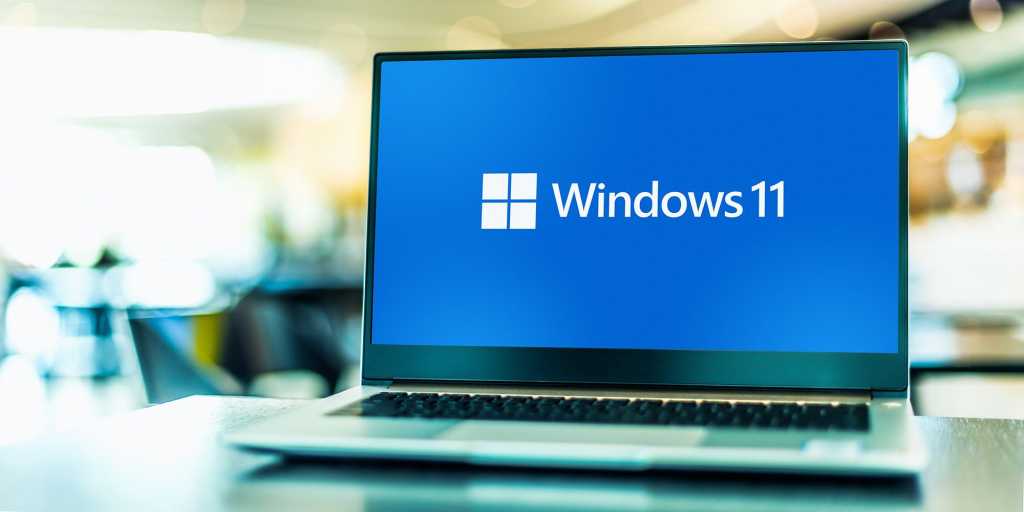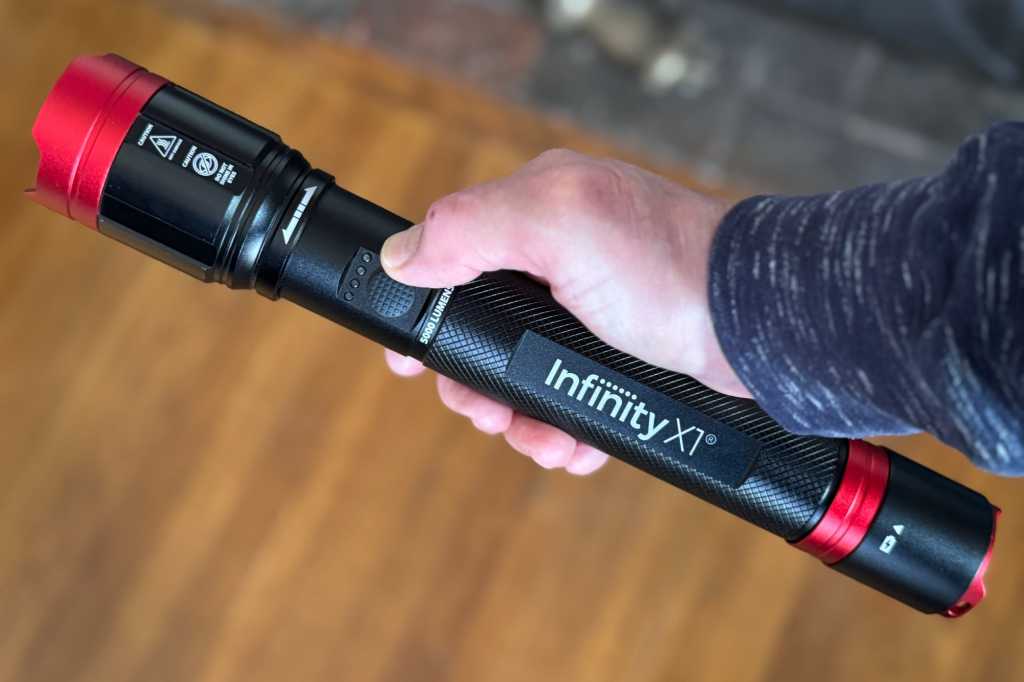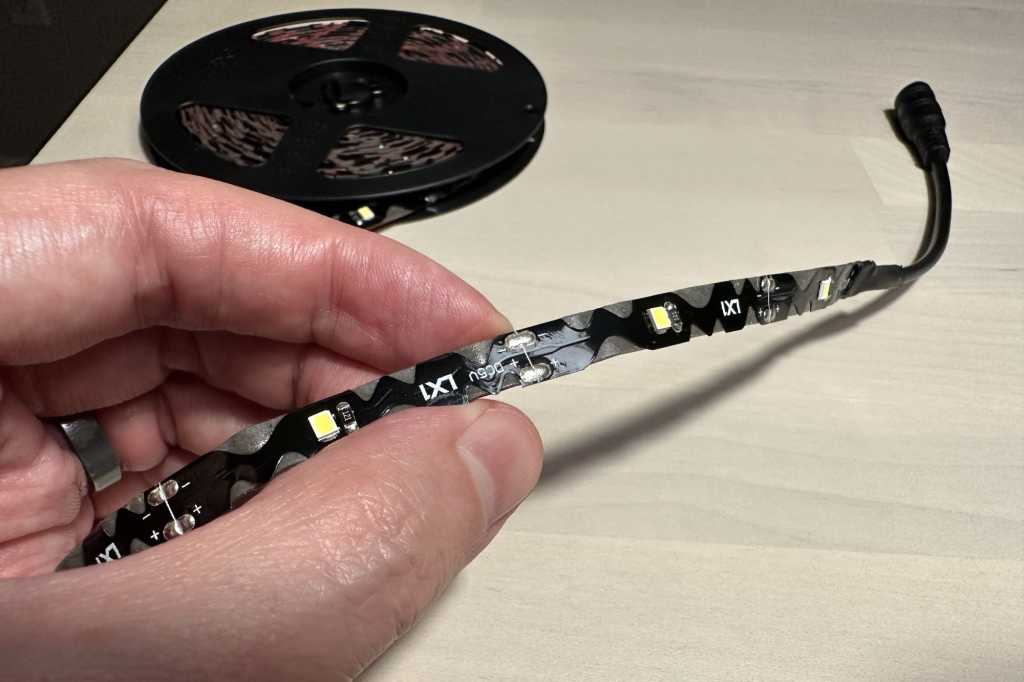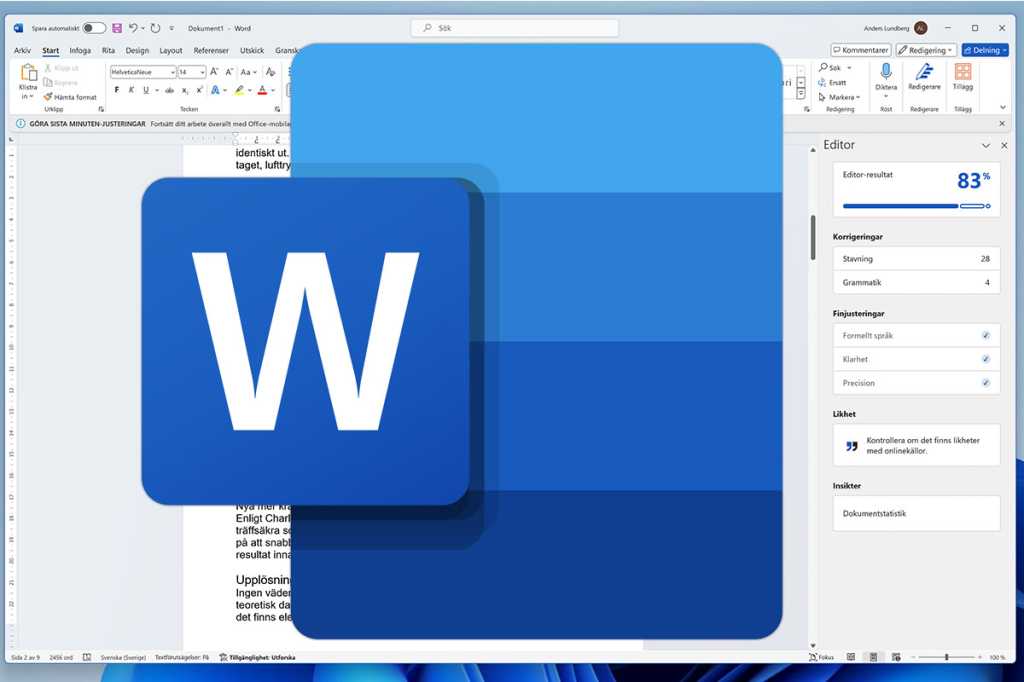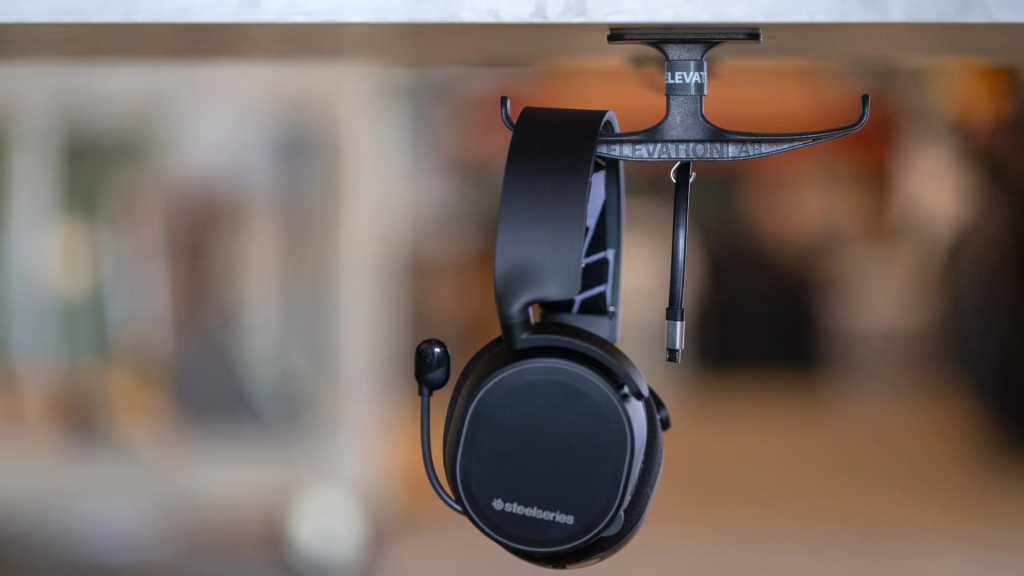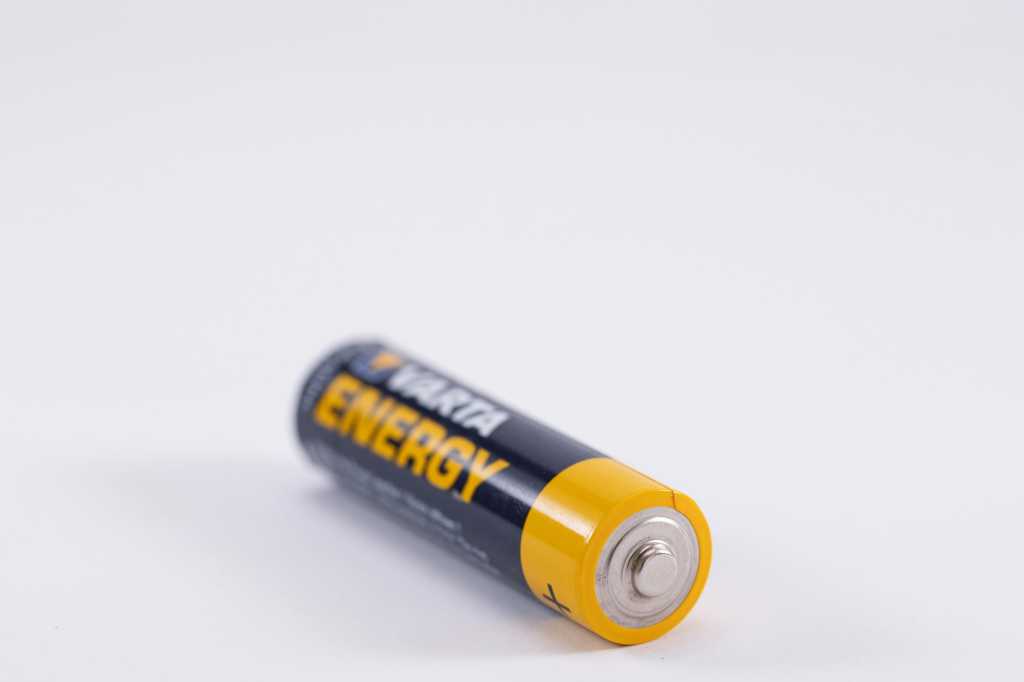Running low on storage or is your PC slow? Windows 11’s Storage Sense tool can help you free up disk space in Windows 11. Let’s explore how to use this feature effectively.
Accessing Storage Usage and Enabling Storage Sense
Search “Storage Sense” in the Windows 11 taskbar; open “Storage Sense settings.”
Windows 11 search bar showing Storage Sense app result highlightedOr, go to Settings > System > Storage for current disk usage. Under “Storage Management,” ensure Storage Sense is on.
Windows 11 Storage settings with Storage Sense toggle switch in on position
Utilizing Cleanup Recommendations
Next, review “Cleanup recommendations” in Storage settings for potential space savings. Select “Show more categories” for a detailed list of cleanable items.
Windows 11 Storage settings Cleanup recommendations section highlighted
Managing Temporary File Deletion
Click “Temporary files.” Windows pre-selects safe items like “Windows Update Cleanup,” “Delivery Optimization Files,” and “Thumbnails.” You may also see “Previous Windows installation(s)” or system error dumps.
Clearing Optional User-Specific Locations
For more space, optionally select “Recycle Bin” and “Downloads.” Be cautious with the Downloads folder, as it might contain important personal files you need.
Windows 11 Temporary Files selection screen with Recycle Bin and Downloads folders checked for deletion
Finalizing Deletion and Navigating Further
Click “Remove files” to delete your chosen items; this may take a few minutes.
After completion, click “Storage” at the top to go back to the main Storage page. Then, select “Advanced storage settings” at the page bottom.
Windows 11 Storage settings showing Advanced storage settings link for further optionsThis section offers “Storage used on other drives,” allowing you to free up space on other connected storage.
Effectively using Storage Sense keeps your PC optimized and storage clear. Follow these steps to manage your Windows 11 disk space for a smoother experience. Reclaim your storage now!



